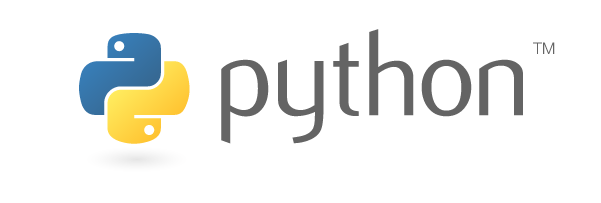Technology Showcase
Open Source or proprietary software?
Open Source software has enjoyed more and more attention in recent years. This can be attributed to obvious advantages like great cost efficiency, transparency and good maintenance through strong backers. Nevertheless, proprietary software remains to be tried and tested. The best solution can differ from use case to use case and we are happy to help you with your decision.
Proxmox VE & Proxmox Backup Server
Proxmox VE is a complete, open-source server management platform for enterprise virtualization. It tightly integrates the KVM hypervisor and Linux Containers (LXC), software-defined storage and networking functionality, on a single platform.
Proxmox Backup Server is an enterprise backup solution, for backing up and restoring VMs, containers, and physical hosts.
Read more ...
Nextcloud
Nextcloud is a suite of client-server software for creating and using file hosting services. It is functionally similar to Dropbox, Office 365 or Google Drive when used with its integrated office suite solutions Collabora Online or OnlyOffice and can be hosted in the cloud or on-premises.
Read more ...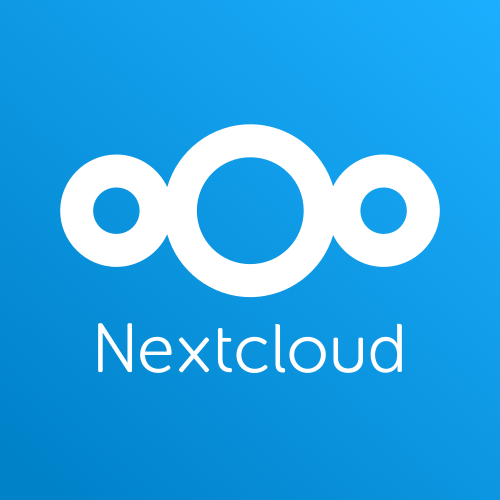
Debian
Debian, or Debian GNU/Linux, is a Linux distribution composed of free and open-source software, developed by the community-supported Debian Project. Debian is one of the oldest operating systems based on the Linux kernel and is also the basis for many other distributions, most notably Ubuntu.
Read more ...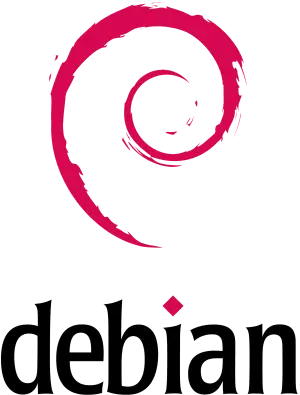
TrueNAS CORE
TrueNAS is a free and open-source network-attached storage (NAS) operating system produced by iXsystems, and based on FreeBSD and Linux, using the OpenZFS file system.
Read more ...
FuxionPBX
FusionPBX can be used as a highly available single or domain based multi-tenant PBX, carrier grade switch, call center server, fax server, voip server, voicemail server, conference server, voice application server, appliance framework and more.
Read more ...
OPNsense
OPNsense is a free firewall distribution based on FreeBSD and HardenedBSD's Address Space Layout Randomization (ASLR). OPNsense software is licensed under the FreeBSD license. Typical applications are stateful perimeter firewalls, routers, wireless access points, DHCP servers, DNS servers and VPN endpoints.
Read more ...
OpenVPN
OpenVPN is a virtual private network (VPN) system that implements techniques to create secure client-to-site or site-to-site connections in routed or bridged configurations and remote access facilities. It implements both client and server applications.
Read more ...
FreeRADIUS
FreeRADIUS is a modular, high performance free RADIUS suite developed and distributed under the GNU General Public License, version 2. The FreeRADIUS Suite includes a RADIUS server, a BSD-licensed RADIUS client library, a PAM library, an Apache module, and numerous additional RADIUS related utilities and development libraries.
Read more ...
Bitwarden
Bitwarden is an open-source password management service that stores sensitive information such as website credentials in an encrypted vault. The platform offers a variety of client applications including a web interface, desktop applications, browser extensions, mobile apps, and a command-line interface.
Read more ...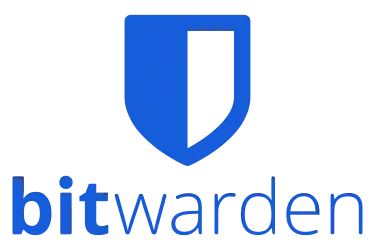
Gophish
Gophish is a phishing framework that makes the simulation of real-world phishing attacks dead-simple. The idea behind gophish is simple – make industry-grade phishing training available to everyone.
Read more ...
OpenWrt
OpenWrt (from open wireless router) is an open-source project for embedded operating systems based on Linux, primarily used on embedded devices to route network traffic. The main components are Linux, util-linux, musl, and BusyBox.
Read more ...
Xibo
Xibo is a professional Open Source Digital Signage Software. Worldwide over 55.000 screens are controlled using Xibo. It can ba used as an advertising canvas, info screen, black board, customer welcome screen, employee information and much more.
Read more ...
NodeJS
Node.js is an open-source, cross-platform, back-end JavaScript runtime environment that runs on a JavaScript Engine and executes JavaScript code outside a web browser, which was designed to build scalable network applications.
Read more ...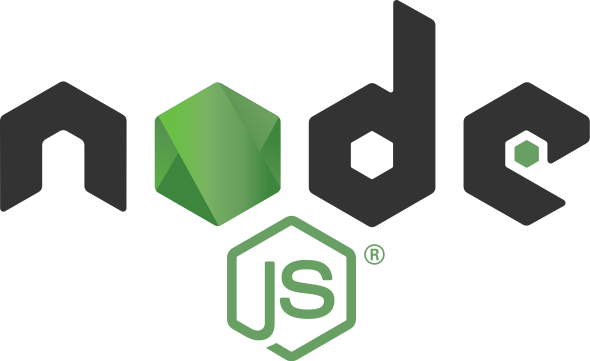
Svelte & Kit
Svelte is an open-source front end compiler. Svelte is not a monolithic JavaScript library imported by applications - instead, Svelte compiles HTML templates to specialized code that manipulates the DOM directly, which may reduce the size of transferred files and give better client performance.
Read more ...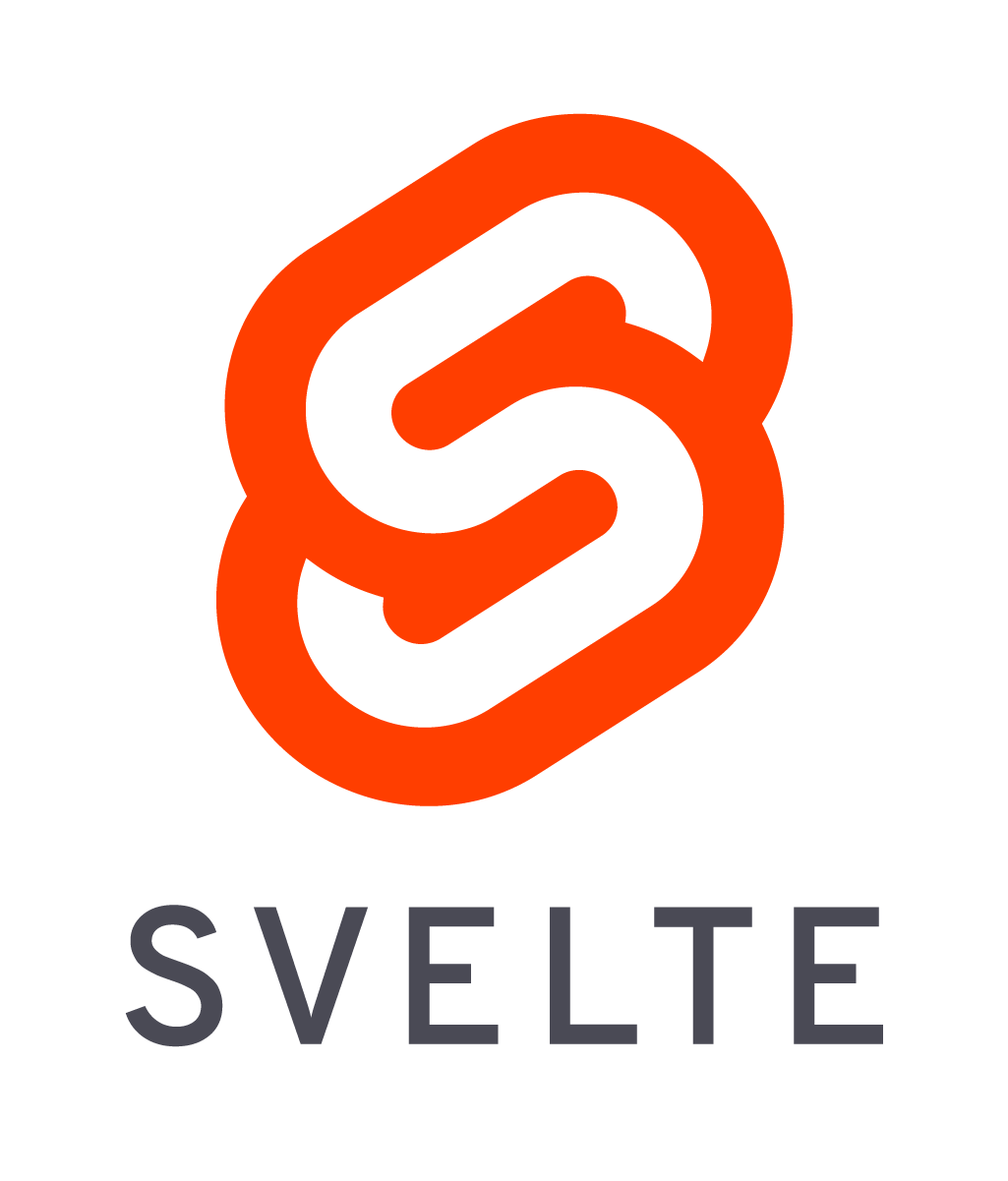
MariaDB
MariaDB is a community-developed, commercially supported fork of the MySQL relational database management system (RDBMS), intended to remain free and open-source software under the GNU General Public License.
Read more ...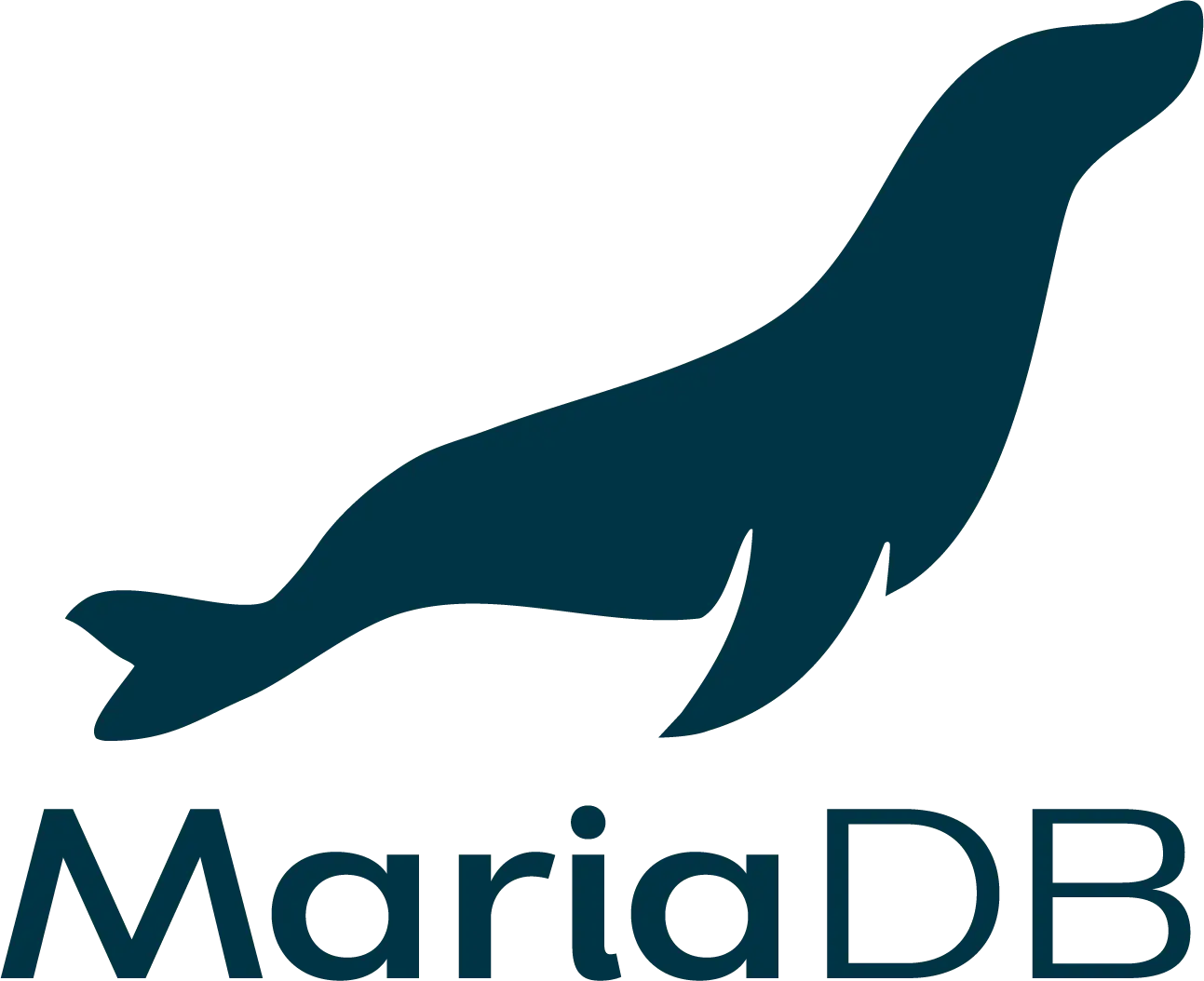
Redis
Redis (Remote Dictionary Server) is an in-memory data structure store, used as a distributed, in-memory key–value database, cache and message broker, with optional durability. Redis supports different kinds of abstract data structures, such as strings, lists, maps, sets, sorted sets, HyperLogLogs, bitmaps, streams, and spatial indices.
Read more ...
MongoDB
MongoDB is a source-available cross-platform document-oriented database program. Classified as a NoSQL database program, MongoDB uses JSON-like documents with optional schemas.
Read more ...
Python
Python is a high-level, general-purpose programming language that is dynamically-typed and garbage-collected. It is often described as a "batteries included" language due to its comprehensive standard library and consistently ranks as one of the most popular programming languages.
Read more ...